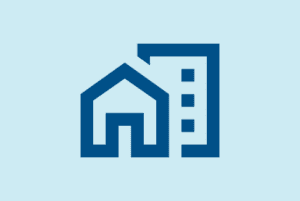What’s happening: The Centers for Medicare & Medicaid Services (CMS) issued its calendar year (CY) 2025 outpatient prospective payment system (OPPS) final rule, including a net market basket update of 2.9%.
What else to know: CMS also establishes new health and safety standards for obstetrical services to be phased in over two years.
This content is restricted to members.



